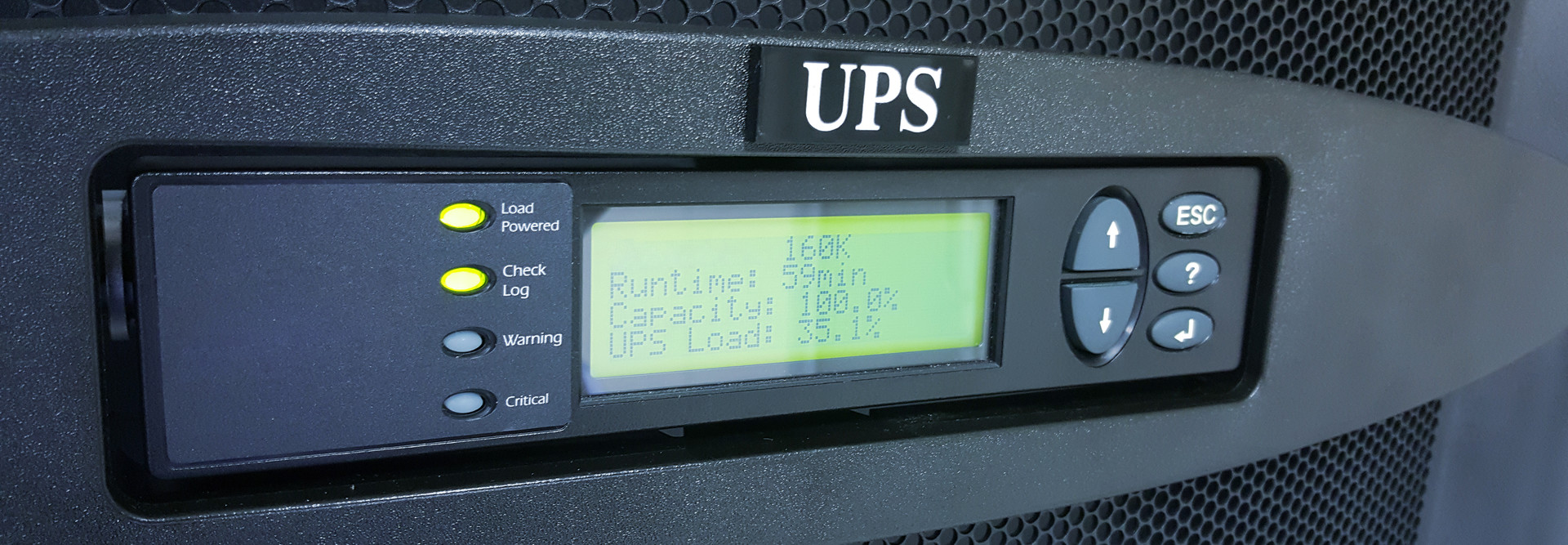2. What Kind of UPS Is Right for Me and My Equipment?
A standby UPS is best for small, noncritical electronic devices and home or personal office use. Line-interactive UPS systems can power up to 4,000 watts of connected equipment. Online UPS systems provide the highest level of protection for IT equipment in hospitals and data centers.
3. Are UPSs Useful for More Than Power Outages?
A UPS will also provide power during brownouts, frequency variations, harmonic distortion or overvoltage events, power surges and voltage sags.
LEARN ABOUT: How working on the edge can complement traditional cloud usage.
4. How Long Will a UPS Keep My Equipment Running?
Your load should not exceed 75 to 80 percent of your UPS system’s capacity. A UPS will never support full capacity, and the closer you get to capacity, the less runtime you will have.
5. How Often Does a UPS Need to be Checked or Replaced?
The usual life span is about three to five years. At that point, you will have to buy a new UPS if the battery is not replaceable. High-end UPSs can be monitored for runtime and battery health.










